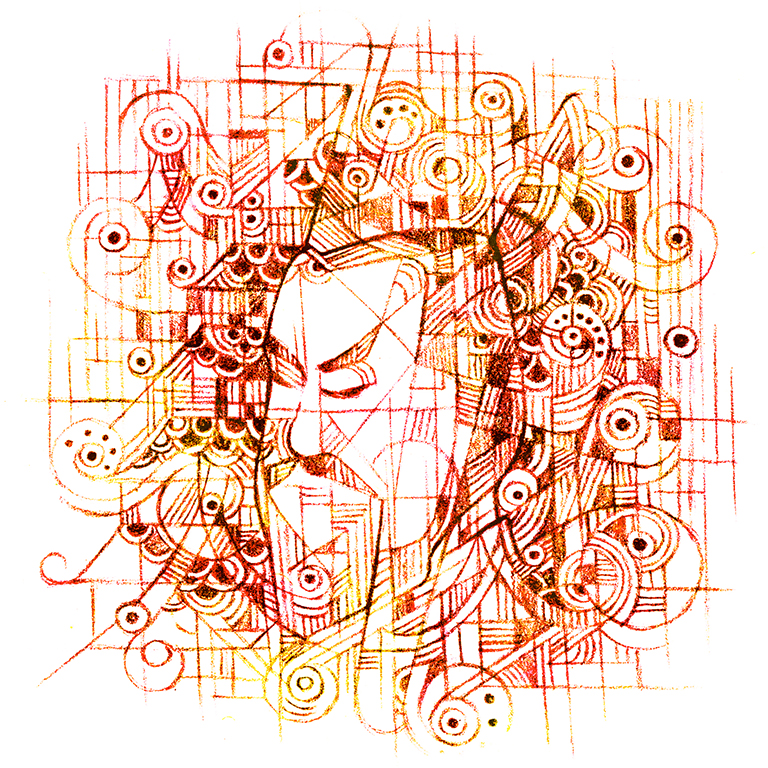II Pekin and the Emperor

If from such appearances any one should draw the conclusion that in reality we have no Emperor, he would not be far from the truth. Over and over again it must be repeated: There is perhaps no people more faithful to the Emperor than ours in the south, but the Emperor derives no advantage from our fidelity. True, the sacred dragon stands on the little column at the end of the village, and ever since the beginning of human memory it has breathed out its fiery breath in the direction of Pekin in token of homage—but Pekin itself is far stranger to the people in our village than the next world. Can there really be a village where the houses stand side by side, covering all the fields for a greater distance than one can see from our hills, and can there be dense crowds of people packed between these houses day and night? We find it more difficult to picture such a city than to believe that Pekin and its Emperor are one, a cloud, say, peacefully voyaging beneath the sun in the course of the ages.
Now the result of holding such opinions is a life on the whole free and unconstrained. By no means immoral, however; hardly ever have I found in my travels such pure morals as in my native village. But yet a life that is subject to no contemporary law, and attends only to the exhortations and warnings which come to us from olden times…This attitude is certainly no virtue. All the more remarkable is it that this very weakness should seem to be one of the greatest unifying influences among our people; indeed, if one may dare to use the expression, the very ground on which we live. To set about establishing a fundamental defect here would mean undermining not only our consciences, but, what is far worse, our feet.